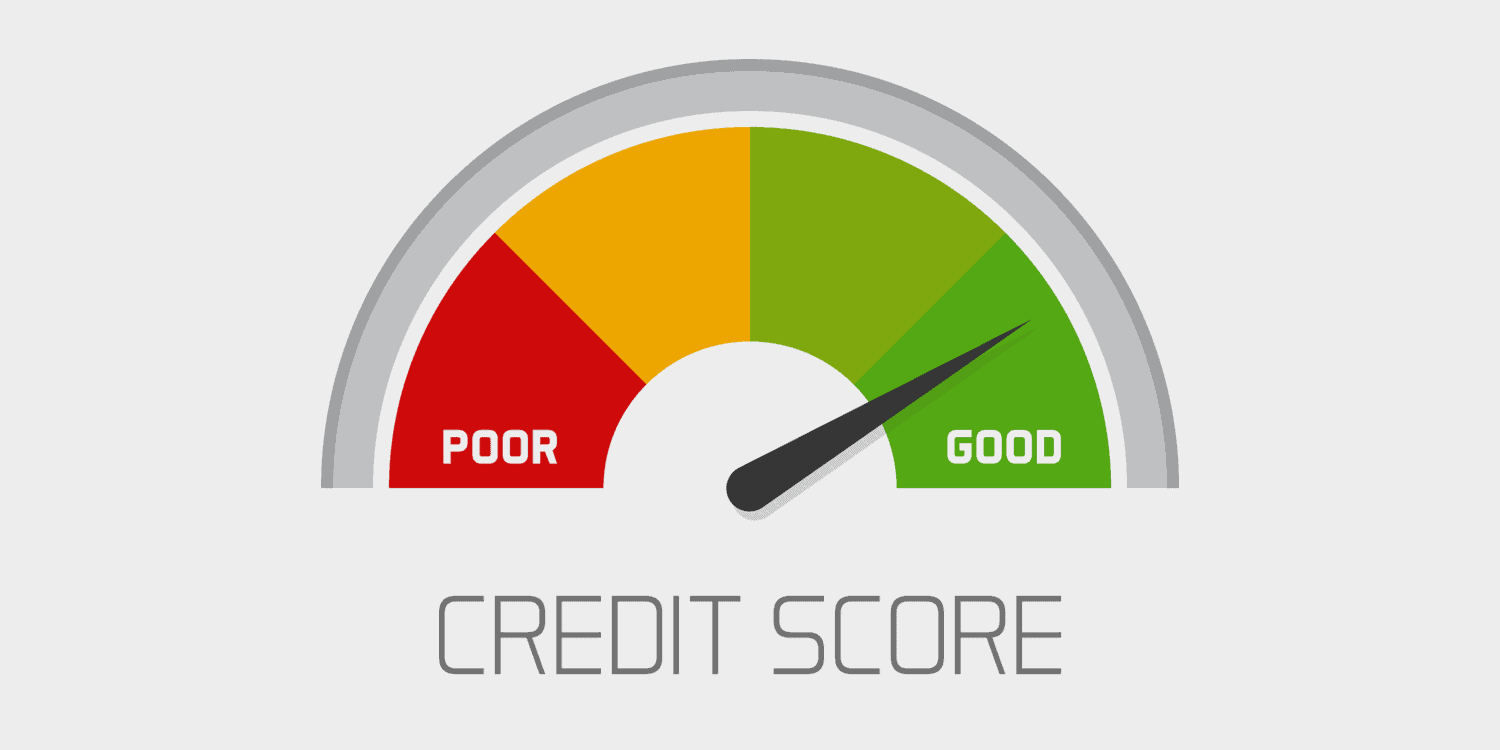In this blog, we will take a look at how a business credit score works, what is considered to be a good score, how to improve a bad one, and how you can find your business’s credit score.
Key takeaways
- Regularly check your business credit report for inaccuracies to maintain a strong credit score.
- Timely payments on all business obligations significantly enhance your creditworthiness.
- Limit credit applications to avoid negatively impacting your business credit score.
What is a business credit score?
A business credit score is a numerical grade based on an analysis of the credit files of a business. This grade represents the creditworthiness of a business, according to certain criteria.
In the UK there is no universal credit score, but credit reference agencies such as Equifax have their own scores which can be accessed by third parties who want to assess the credit risk of a business.
Banks generally have their own unique methods of assessing the business credit score of a company that wants to take out a loan or overdraft. A company with a particularly poor business credit score may not even be able to open a business bank account.
What is a good business credit score?
Every different credit referencing agency or system will have its own method of business credit scoring.
Let’s take Experian as an example. They have a range of business credit scores from 0 to 100, with 0 being the worst score and 100 being the best score. These scores are described in terms of risk, as follows:
0 = Failed company
1 = Imminently failing company
2-15 = Maximum risk
16-25 = High risk
25-50 = Above average risk
51-80 = Below average risk
81-90 = Low risk
91-100 = Very low risk
It is important to note that other credit reference agencies and systems may have different ways of assessing and describing creditworthiness. However, there will normally be a numerical sliding scale; one end will be considered an excellent business credit score, and the other end will be high risk.
How do I find out my business credit score?
Credit reference agencies will normally provide a way for companies to view their business credit scores online. This will generally involve a monthly subscription fee, but there are usually free trials available.
Some of the agencies which offer access to business credit scores include:
Sole traders
The business credit score of a sole trader will generally form part of their personal credit report, compiled by Experian, Equifax, and TransUnion.
The Data Protection Act 2018 entitles individuals to access their financial standing in these credit reports for free. Although all three agencies offer monthly subscription products which allow an individual to access their credit report, they do not actually need to sign up to get a copy of the information about their financial standing.
Instead, they just need to request a free ‘statutory report’ from the relevant credit referencing agency. Alternatively, they can use ClearScore which is free. Therefore, sole traders should normally be able to access their business credit scores for free.
DUNS numbers and business credit scores
DUNS, which stands for the Data Universal Numbering System, is a global numbering system for businesses. It’s managed by Dun & Bradstreet (D&B), an American credit referencing agency.
The system assigns a unique numeric identifier, called a DUNS number, to each business that has been registered in their database. DUNS numbers link a company with their credit report, including their business credit score, held in the Dun & Bradstreet database.
Certain organisations will require a DUNS number before considering working with them or providing them with a line of credit.
How can I improve my business credit score?
Some of the ways in which a business credit score can be improved include:
- Check details – it is worth running regular checks of any information held on your company by the various credit reference agencies. If there is any information that is incorrect or out of date, this can impact the business’s credit score. In this case, you should ask the agency to update their information.
- Bank accounts and credit – opening a dedicated business bank account can help with building a business credit score. Additionally, making use of some credit facilities, such as a business credit card and business overdraft, can further add to the score. However, it is vital that any repayments are made in time – otherwise, this can actually damage your business credit score.
- Never miss payments – it’s crucial that all business bills are paid on time. This goes for utility bills and office rental, as well as any credit facilities. Any missed payments can seriously impact your business credit score. Consider setting up direct debits or standing orders where appropriate, to avoid any missed payments.
- Minimise credit applications – avoid making too many applications for credit facilities, especially if you are denied credit. It’s better to find out why your business has been denied credit, rather than applying to numerous different lenders in an effort to obtain credit.












Join The Discussion
Comments (2)
Los préstamos con garantía personal se destinan normalmente a la compra de bienes y servicios de consumo: un coche, un ordenador, amueblar la casa, irse de vacaciones, estudios en el extranjero.
Google Translation of comment: Loans with personal guarantee are normally used for the purchase of consumer goods and services: a car, a computer, furnishing the house, going on vacation, studying abroad.
Answer: Gracias por tu amable comentario. Si bien tiene razón, hay otras razones por las que se obtienen préstamos con garantías personales, normalmente con el propósito de alquilar una propiedad en un caso en el que una persona tiene una mala calificación crediticia, un ‘garante’ pondrá una garantía para permitir que el banco estar dispuesto a conceder un préstamo.
Google Translation of answer: Thank you for your kind comment. Whilst you are correct, there are other reasons why loans with personal guarantees are taken out – normally for the purposes of renting of property in an instance where a person has a bad credit score – a ‘guarantor’ will put up collateral to enable the bank to be willing to provide a loan.
Regards,
The Rapid Formations Team